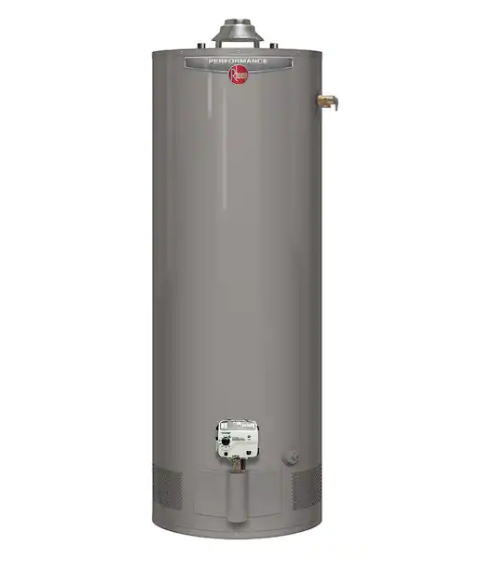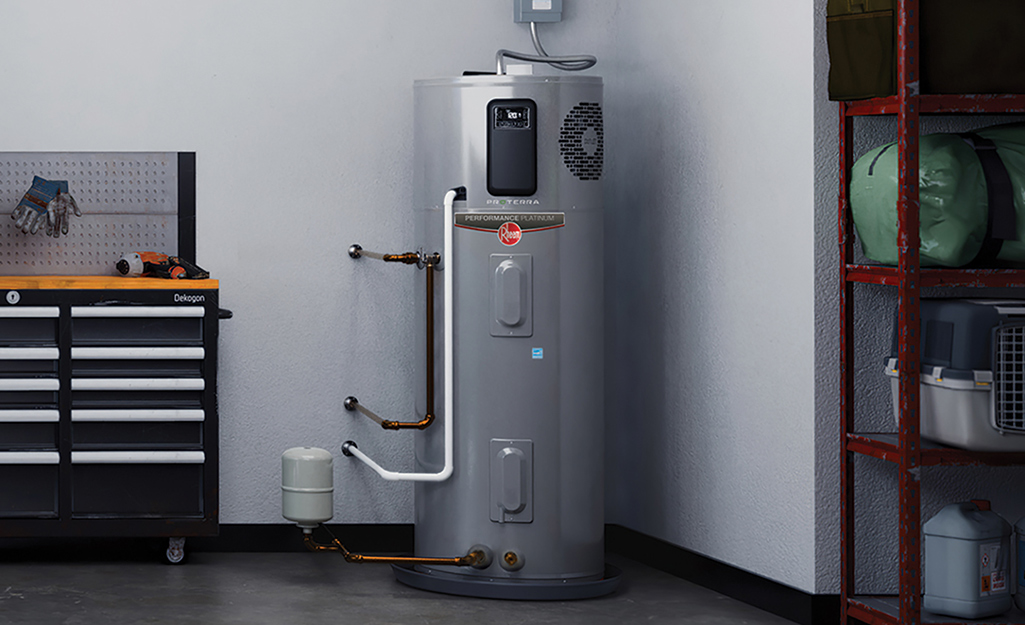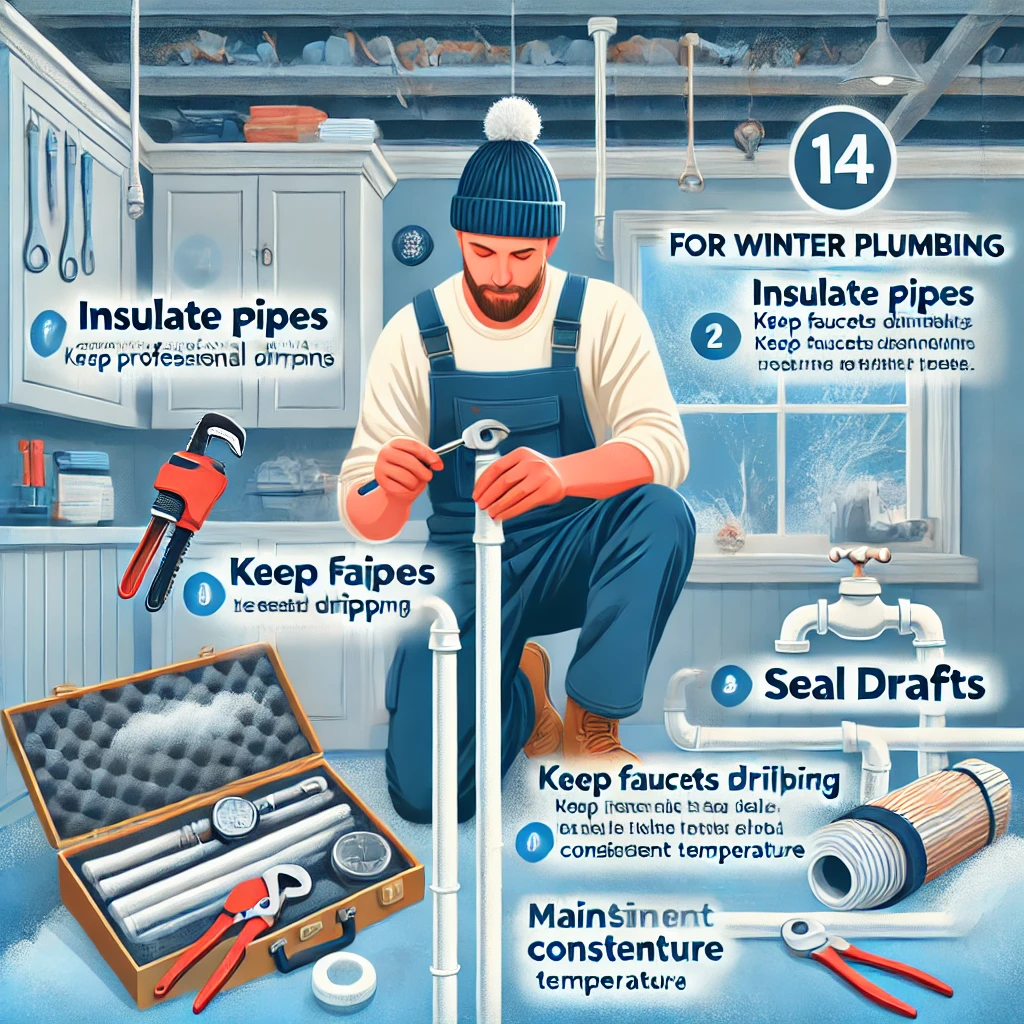Hot water heaters are indispensable appliances in modern homes, providing the comfort of hot water for various daily activities. However, to ensure their longevity and optimal performance, routine maintenance is essential. This comprehensive guide, covering 740 words, will walk you through the necessary steps and procedures for effectively maintaining your hot water heater.
Understanding Hot Water Heater Maintenance
Routine maintenance for hot water heaters involves a series of checks and procedures aimed at ensuring the efficient and safe operation of the appliance. Regular maintenance not only extends the life of the heater but also helps in conserving energy and reducing utility bills.
Frequency of Maintenance
Ideally, hot water heaters should be inspected and maintained at least once a year. However, this frequency can vary based on the type of water heater, water quality in your area, and the appliance’s age and model.
Key Maintenance Steps
Safety First: Before performing any maintenance, ensure to turn off the power supply to the water heater. For gas models, turn off the gas valve, and for electric models, switch off the circuit breaker.
Checking the Pressure Relief Valve: The pressure relief valve is a critical safety feature. It should be checked annually to ensure it is working correctly. Carefully lift the valve’s lever and let it snap back. You should hear a gurgling sound as water is briefly released into the drain tube. If not, a new valve may be needed.
Draining and Flushing the Tank: Sediment buildup in the tank can reduce the efficiency of your water heater and clog your water lines. To prevent this, drain and flush the tank annually. Connect a garden hose to the drain valve and direct the water to a suitable location. Then, drain the tank and flush until clean water comes out.

Inspecting the Anode Rod: The anode rod protects the tank from corrosion. During your annual maintenance, check the anode rod and replace it if it’s heavily corroded. This is crucial for preventing the tank from rusting.
Inspecting for Leaks and Corrosion: Examine the tank and connections for any signs of leaks or corrosion. Early detection can prevent more significant issues down the line.
Checking the Thermostat: Verify that the thermostat is working correctly and is set at the optimal temperature, usually around 120°F, to save energy while avoiding scalding.
Inspecting the Burner (For Gas Water Heaters): Check the burner for proper function. The flame should be blue with yellow tips. If it’s mostly yellow, or if you see a lot of soot, the burner may need cleaning.
Checking the Venting System (For Gas Water Heaters): Ensure that the venting system is not blocked and is venting properly. A poorly vented gas heater can release harmful gases into your home.
Cleaning the Air Intake Filter (For Tankless Models): If you have a tankless water heater, regularly clean the air intake filter to ensure efficient operation.
Professional Inspection
While many aspects of water heater maintenance can be a DIY task, a professional inspection can be invaluable, especially for complex issues or for comprehensive annual check-ups. Professionals can handle more technical aspects like checking gas connections, testing for carbon monoxide leaks, and ensuring the unit is up to code.
Energy Efficiency Tips
- Insulate Older Units: For older water heaters, adding an insulation blanket can reduce standby heat losses and save energy.
- Lower the Temperature: Setting the thermostat to a lower temperature reduces energy consumption and minimizes the risk of scalding.
- Install Timers: For electric water heaters, consider installing timers to turn off the unit when not in use.
Addressing Minor Repairs Promptly
Don’t ignore minor repairs, such as replacing a worn-out washer or fixing a small leak. Delaying these repairs can lead to more significant problems.
Understanding the Impact of Water Quality
The quality of your water can significantly impact the maintenance needs of your water heater. Hard water, for instance, leads to more sediment buildup, necessitating more frequent flushing.
The Environmental Aspect of Maintenance
Regular maintenance not only ensures the efficient operation of your water heater but also contributes to environmental conservation by reducing energy consumption and minimizing the likelihood of leaks and spills.
Conclusion
Routine maintenance of your hot water heater is crucial for ensuring its longevity, efficiency, and safe operation. By following the outlined steps and considering a professional inspection, you can keep your water heater in top condition, ensuring a steady supply of hot water in your home. Remember, a well-maintained water heater not only provides comfort but also contributes to energy conservation and the overall safety of your household.





